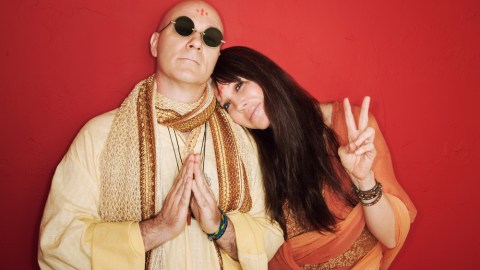How the Search for an Authentic Life Became Hollow

What’s the Latest Development?
The search for an authentic life, in which one is always on the path toward personal growth, is a destructive tendency of modern life, say philosophy professor Simon Critchley and psychoanalyst Jamieson Webster. One example of the widening search for authenticity can be found in modern workplaces: “With the rise of corporations like Google, the workplace has increasingly been colonized by nonwork experiences to the extent that we are not even allowed to feel alienation or discontent at the office… If we do feel discontent, it must mean that something is wrong with us rather than with the corporation.”
What’s the Big Idea?
Perhaps a better term for seeking the authentic self is passive nihilism. Rather than seek collective or national prosperity, we desire individual psychological stasis and call it peace. “In a seemingly meaningless, inauthentic world awash in nonstop media reports of war, violence and inequality, we close our eyes and turn ourselves into islands. We may even say a little prayer to an obscure but benign Eastern goddess and feel some weak spiritual energy connecting everything as we listen to some tastefully selected ambient music. Authenticity, needing no reference to anything outside itself, is an evacuation of history. The power of now.”
Photo credit: Shutterstock.com




